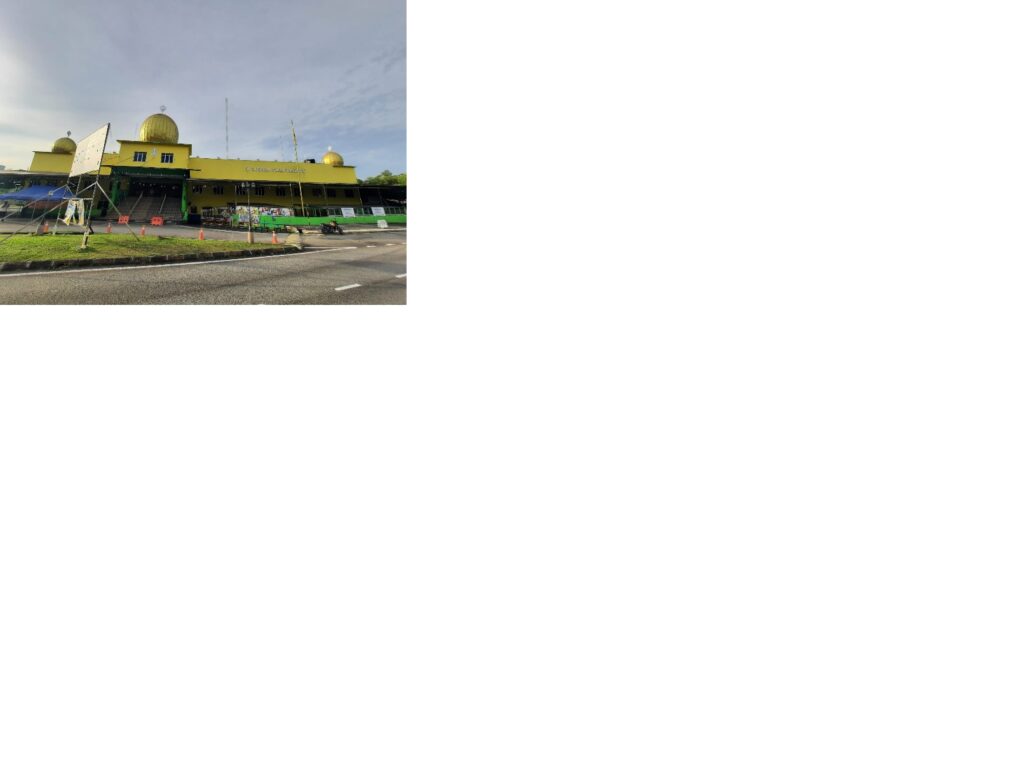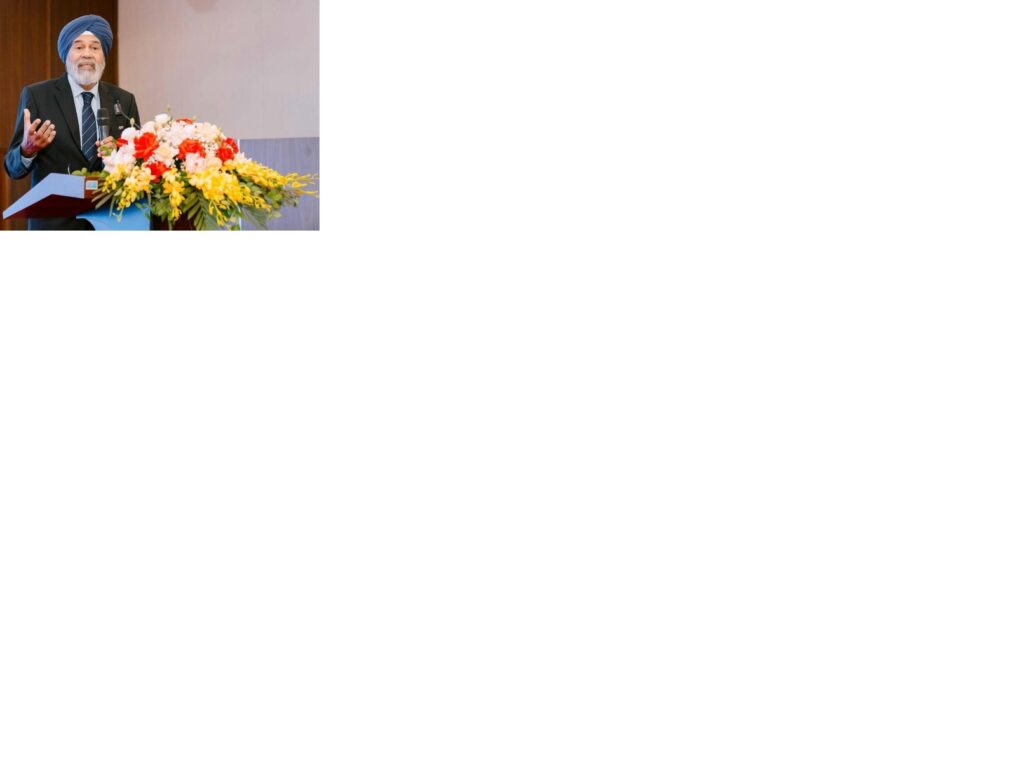
Gudwara Sahib in Puchong, Selangor
by Ooi Lay Beng
Trudge through any wayward place in Malaysia where beggars and homeless people gather — under bridges and highways, derelict streets, and public parks — and you are unlikely to find a Sikh among them. It’s hard to seek a Sikh there!
This observation, confirmed by many (including the writer), is a testament to this proud and successful Sikh community.
Across Malaysia, the sight of a Sikh living on the streets or begging for alms is very rare; if not non-existent.
For the Sikhs, charity has no beginning and no end. It is a constant presence, deeply embedded in their way of life, culture, and religion.
In certain gurdwaras (Sikh places of worship), like the Gurdwara Sahib Tatt Khalsa Diwan – situated just a stone’s throw from the Chow Kit market in Kuala Lumpur, three meals are provided a day, every day over seven days a week to all visitors, irrespective of creed or colour.
All the visitors have to do is to cover their heads before entering the gurdwara, which is a tradition practised in any Sikh temple of worship.

Jagir Singh. the current MGC President
“A Sikh will always strive to earn through his own labour to feed himself,” Malaysian Gurdwaras Council (MGC) president Jagir Singh explained first citing the Kirat Karo, followed by the Vand Chhako and the Naam Japo.
“A Sikh must share with others what one has. A Sikh has to pray to God. This is the concept, started by Sikh founder Guru Nanak that every Sikh has to abide.
“The Sikh Welfare society also helps to find shelter and pay for the rent of those who don’t have a home or place to stay.
“And these are the reasons why you won’t find a homeless Sikh, or one who is begging in the streets.”

Datuk Dr Gurcharan Singh, a widely travelled sports official
Datuk Dr Gurcharan Singh, who has travelled extensively serving FIFA, the Badminton World Federation (BWF) in the field of sports medicine, pointed out: “In fact, I can even tell you that I have not seen a Sikh beggar or homeless person in any part of the world.
“And I have been to more than 110 countries over five continents doing work for FIFA, BWF and attending international sports medicine conferences. I have visited many countries not once, but many times. The UK is a good example.
“A Sikh who is able to work will not ask for alms. The Sikhs will help fellow Sikhs and also people from other communities. Our community has many support systems.”
The langar or community kitchen, extended via the gurdwaras, is the most well-known of the Sikh support system.
Jagir said the langar embodied the spirit of selflessness and service to humanity, the cornerstone of Sikh identity.
As a central tradition of Sikhism, the langar is a free community kitchen extended via the gurdwaras. There, they serve freshly prepared nourishing vegetarian meals often consisting of roti (flatbread), dal (lentils), sabzi (vegetables) and rice to all visitors.
In its practice, the langar serves to break down all barriers of race, caste, religion, or status in promoting the idea that everyone is equal.
It does this by providing a space at gurdwaras where people from diverse backgrounds can sit down and share a meal together – thus fostering peace, understanding and harmony.
Everyone will sit down together in a row (pangat) and share the same food as equals; whether they are homeless or people of high social standing.
“The langar is implemented via the concept of voluntary service (seva) – by volunteers from the community who come to the gurdwaras to cook, clean, serve food and drinks or donate items.
“The meals are always vegetarian to observe and respect different dietary practices and promote inclusiveness,” said Jagir.
The Malaysian Gurdwaras Council has listed a total of 120 gurdwaras in Malaysia; the biggest number of 39 gurdwaras in Perak – which hosts the largest Sikh community in the country outside the Klang Valley.
“In every gurdwara, a Sikh flag is hoisted high on a post to remind every traveller that food, shelter and protection are available here. This applies to every person, Sikh or non-Sikh,” said Jagir.
The British, former colonial masters of Malaya, reportedly brought the Sikhs over from Punjab in the 19th century, to quell the tension and fighting among Chinese tin miners, a situation exacerbated by secret societies in those days.
Over a few generations, the Sikhs have made remarkable progress. Earlier, they were mainly watchmen, labourers, policemen and dairymen. Today, many have risen to become top professionals — judges, doctors, lawyers, engineers, accountants, sportsmen, senior civil servants and successful businessmen.
Sikhs have also served at the highest level. That includes the former Chief Justice of Malaya Tan Sri Swaran Singh Gill and Police Commissioner Datuk Seri Amar Singh – who headed Bukit Aman’s Commercial Crimes Investigations Department during his 35-years in the police force before he retired in 2018.
From the above, it is evident that the Sikhs in Malaysia have achieved much to their utmost credit. One might say that the most significant and telling evidence of the Sikh community’s success lies not in these achievements, but in their unwavering commitment to ensuring that no Sikh is left destitute.
WE